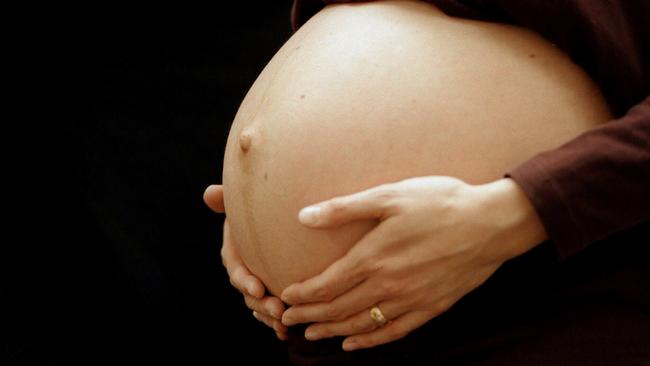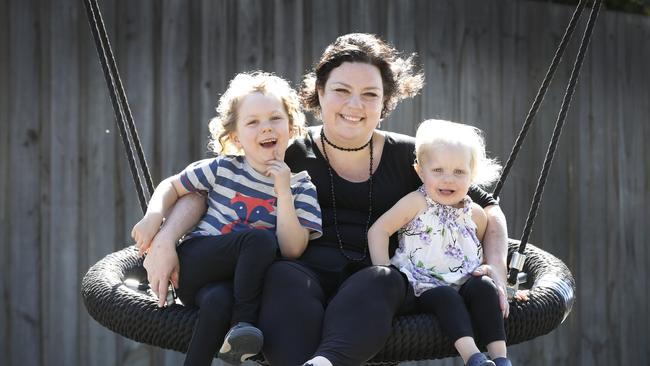Pregnant women divided over decision to find out genetic information about their babies
WOULD you want to know if your baby had genetic differences that may impact their future health? Pregnant women are divided.
News
Don't miss out on the headlines from News . Followed categories will be added to My News.
PREGNANT women are split on whether to find out genetic information that might affect their unborn babies’ health.
A new Murdoch Children’s Research Institute study of 111 pregnant women found 60 per cent wanted full genetic test results, even when the implications for the child’s development and wellbeing were unclear. The rest chose to find out only where the impact of chromosomal variations on the foetus was known.
STUDY FINDS GENETIC SCREENING SHOULD BE OFFERED TO ALL
GENES SHAPING OUR RESPONSE TO PHYSICAL EXERCISE
$3M GENETIC BLOOD TRIAL TO TACKLE BREAST CANCER
Some pregnant women have invasive prenatal testing, where a small sample of foetal DNA is taken from the placenta or amniotic fluid.
Unlike the screening in blood tests and ultrasounds, which only assess risk, these procedures can reveal whether the foetus actually has a genetic disorder, such as Down syndrome or cystic fibrosis.

New testing methods mean scientists can now use the results to discover much more information about the baby’s genetic information by detecting tiny variations in DNA. While some DNA variations are known to affect health and development, the impact of many more is so far unknown.
The study’s lead author, Professor Jane Halliday, said pregnant women of “advanced maternal age” — 37 or older — or with a family history of genetic conditions were more likely to opt for a diagnostic test.
Women in the study were counselled and given access to a tool to help them decide.
There was no evidence the choice caused distress or regret, and Prof Halliday said that as a result, the team would like to see pregnant women given greater choices in genetic testing and support.
Melbourne mother Emily Piggott had the diagnostic tests when pregnant at 36 and 39. But she opted not to receive the full genetic information.

“We chose to get only the (specific) information because we decided that the purpose of having an amniocentesis was only to decide whether or not to continue or terminate the pregnancy,” she said.
“Once we knew there weren’t any, we decided to go ahead,” Ms Piggott said.
The study has been published in the European Journal of Human Genetics.


